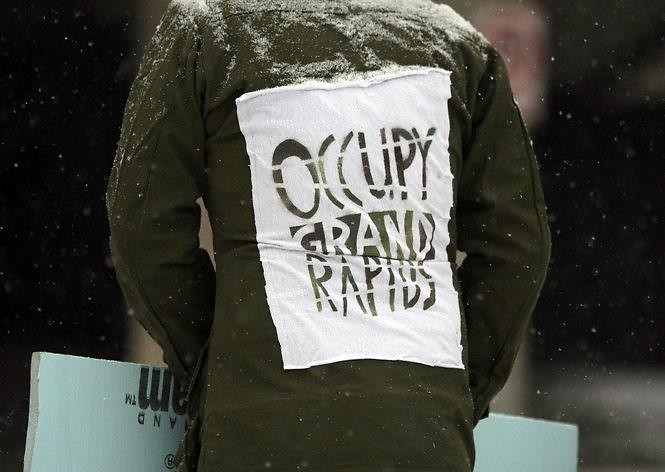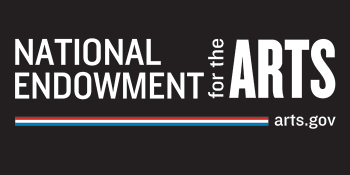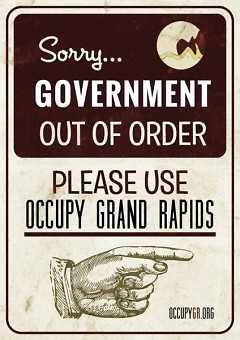For quite some time the year 2012 has loomed as a year of change. The Mayan calendar, depending on interpretations, is said to predict some great but as yet undefined change in the way we live. After the fall of 2008, when gas prices skyrocketed amid financial and mortgage industry collapse, energy analysts connected dwindling oil supplies with economic chaos, and the public became familiar with terms such as "peak oil" and "economic collapse." Director Greg Greene’s documentary The End of Suburbia (with its cast of experts) brought a vision of the end of cheap oil and a car culture headed for disaster if we did not prepare for a future, as the 2010 National Geographic futuristic docudrama coined it, in A World Without Oil. Movements such as Transition Towns and sustainable agriculture in the form of community gardens and permaculture began to take hold, while newspapers ran articles about people quitting their jobs and flocking back to the land, joining homesteading networks and blogs that shared all sorts of skill based information about life off the grid.
Now, with another presidential election year upon us four years after U.S. voters elected our nation’s first African-American president whose “Yes, we can” campaign was all about grassroots change, we may be tempted to ask: What has changed?
Have we experienced, as social theorists and psychologists have predicted, the Great Turning? Some change in our way of living and knowing that will propel us into a period of local, national, and perhaps global changes in the ways we live? And what kind of movement could handle such broad-scaled change?
In the fall of 2011 our nation witnessed the spread of a call for change unlike any other when Occupy Wall Street brought the American public’s dissatisfaction with economic disparity to the streets. Journalists across the country and around the globe began to draw parallels between Occupy Wall Street and the Arab Spring. Within weeks of Occupy Wall Street’s September 17 beginnings, Grand Rapids, Michigan joined the movement with its first General Assembly held on Saturday, October 8, as 350 locals gathered on a day that felt like summer, shaded by lengthening shadows of our bright red-orange Calder, La Grand Vitesse.
Then, in its annual Year in Review issue, Time Magazine seemed to solidify the turning of 2011 into 2012 as a year of change when it named “The Protester” as its Person of the Year.
So, as 2011 turned to 2012 and writers in Grand Rapids Community College’s “Writing for Publication” class looked for a topic of interest, we immediately landed on local activism and wondered: Is Occupy Grand Rapids wintering well? How many activists and protestors are sticking with this broad call for change as the tents have come down and Fountain Street Church has become Occupy GR’s indoor gathering place?
This series of articles is the result of an open call for participation. Posting a simple Facebook message on Occupy GR’s main and communication pages, we put out a call for persons active in the Occupy movement to be interviewed about their participation, asking a few initial questions. What drew them to the Occupy movement in the first place? What moved them to come out into the streets and parks to express their frustration? What does the Occupy movement mean to them, and what do they hope the movement will accomplish?
From that simple posting comes this series of articles on the people of Occupy GR and its supporters, people as varied in age and life experiences as Diane Baum, a 60-something farmer, poet and radical political follower and Alex Beecroft, a 20-something former college student working a job in hotel room service to try to build back up the dollars needed for his education. The common thread that these articles reveal is also simple: people in Occupy GR have remained active and focused in ways that make sense for each of them throughout this back-and-forth winter, and now, once again, they are all hoping for an inspiring spring.
The Rapidian, a program of the 501(c)3 nonprofit Community Media Center, relies on the community’s support to help cover the cost of training reporters and publishing content.
We need your help.
If each of our readers and content creators who values this community platform help support its creation and maintenance, The Rapidian can continue to educate and facilitate a conversation around issues for years to come.
Please support The Rapidian and make a contribution today.


